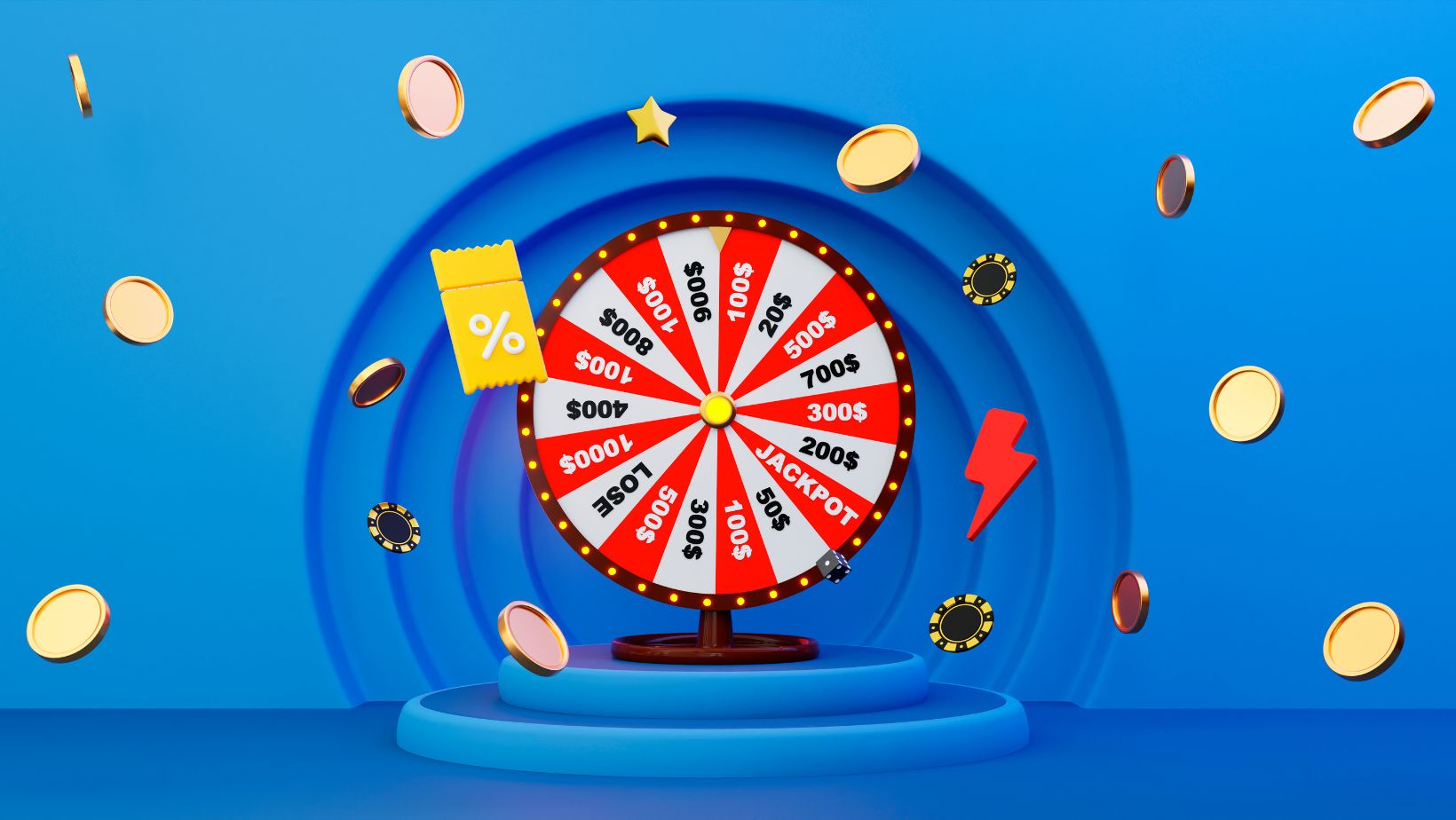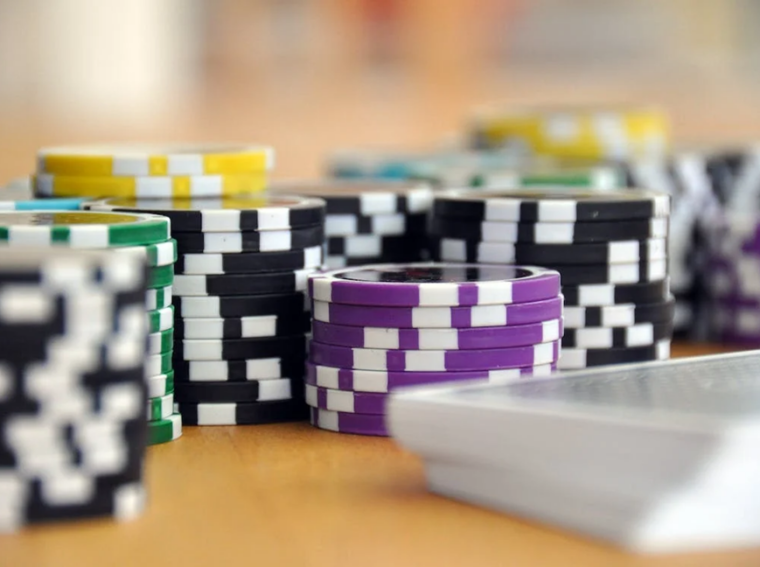Gambling has been a popular pastime for centuries, captivating the minds and fortunes of countless individuals. It’s an activity steeped in history, chance, and an extensive vocabulary that is as rich and colorful as the activity itself. But have you ever paused to consider where these terms originated? This article delves into the etymology of some of the most common gambling terms, tracing their roots and understanding their historical context.
The Origins of “Gambling”
The word “gamble” is believed to be of Anglo-Saxon origin, derived from the word “game,” meaning “game” or “play.” The term “gambling” wasn’t officially documented until the late 13th century, but the activity itself predates the word by thousands of years, with evidence of gambling games found in ancient civilizations like China, Egypt, and Rome.
“Roulette” – The Little Wheel
Roulette, the game known for the iconic spinning wheel, derives its name from the French word “roulette,” meaning “little wheel.” Introduced in the 17th century, the game has evolved into various formats but remains centered around the spinning wheel, a ball, and the anticipation of where it will land. In recent years, with the advent of online casinos, enthusiasts can now play crypto roulette online, bringing a modern twist to this classic game and allowing players to wager using cryptocurrency. This digital variation continues to uphold the allure and excitement that have long been associated with roulette.
“Casino” – A Little House of Gaming
The term “casino” originates from the Italian word “casa,” meaning “house.” Initially, it referred to a small country villa, summerhouse, or social club.

During the 19th century, the term casino came to include public buildings where pleasurable activities, including gambling and sports, took place. Today, it evokes images of grandeur and luxury, with large, bustling rooms filled with gaming tables and slot machines.
“Poker” – A Game of Mysteries
The origins of the word “poker” are somewhat murky. Some historians suggest it comes from the French word “poque,” a game similar to poker, while others believe it may have derived from the German word “pochen,” meaning “to brag” or “to bluff.” This ambiguity adds to the enigmatic and strategic nature of the game itself, which has become one of the most popular gambling games worldwide.
“Jackpot” – Winning Big
The term “jackpot” originated during the late 19th century in a form of poker where the pot, or “jack,” grew progressively larger until a player could open the betting with two jacks or better. Over time, the term has come to signify any substantial win in gambling and other contexts, reflecting the dream of a sudden windfall that lies at the heart of many gambling activities.
“Blackjack” – A Mining Term Turned Card Game
The game of blackjack, also known as 21, got its popular name from a promotion in Nevada casinos where a special payout was given for a hand featuring the ace of spades and a blackjack. The term “blackjack” was originally associated with a mineral called zincblende or sphalerite, which miners referred to as blackjack. The promotion eventually ended, but the name stuck.
“Betting” – Wagering on an Outcome
The term “bet” is derived from the Old Norse word “betr,” which means “to improve” or “to make better.” It reflects the underlying intent behind placing bets—the hope of enhancing one’s current situation by correctly predicting an uncertain outcome.

As we delve deeper into the annals of history behind these terms, it becomes undeniably clear that gambling transcends mere pastimes and transforms into a profound cultural phenomenon steeped in the rich tapestry of human history and language. Behind each term, there lies a centuries-old narrative, a captivating tale of evolution, development, and transformation, mirroring the metamorphosis of the very games they represent.
As the world of gambling continues its ceaseless evolution, birthing new terminologies along the way, the etymological journey unfolds, enriching and enlivening this age-old pursuit with ever-increasing depth and a vibrant spectrum of colors.


